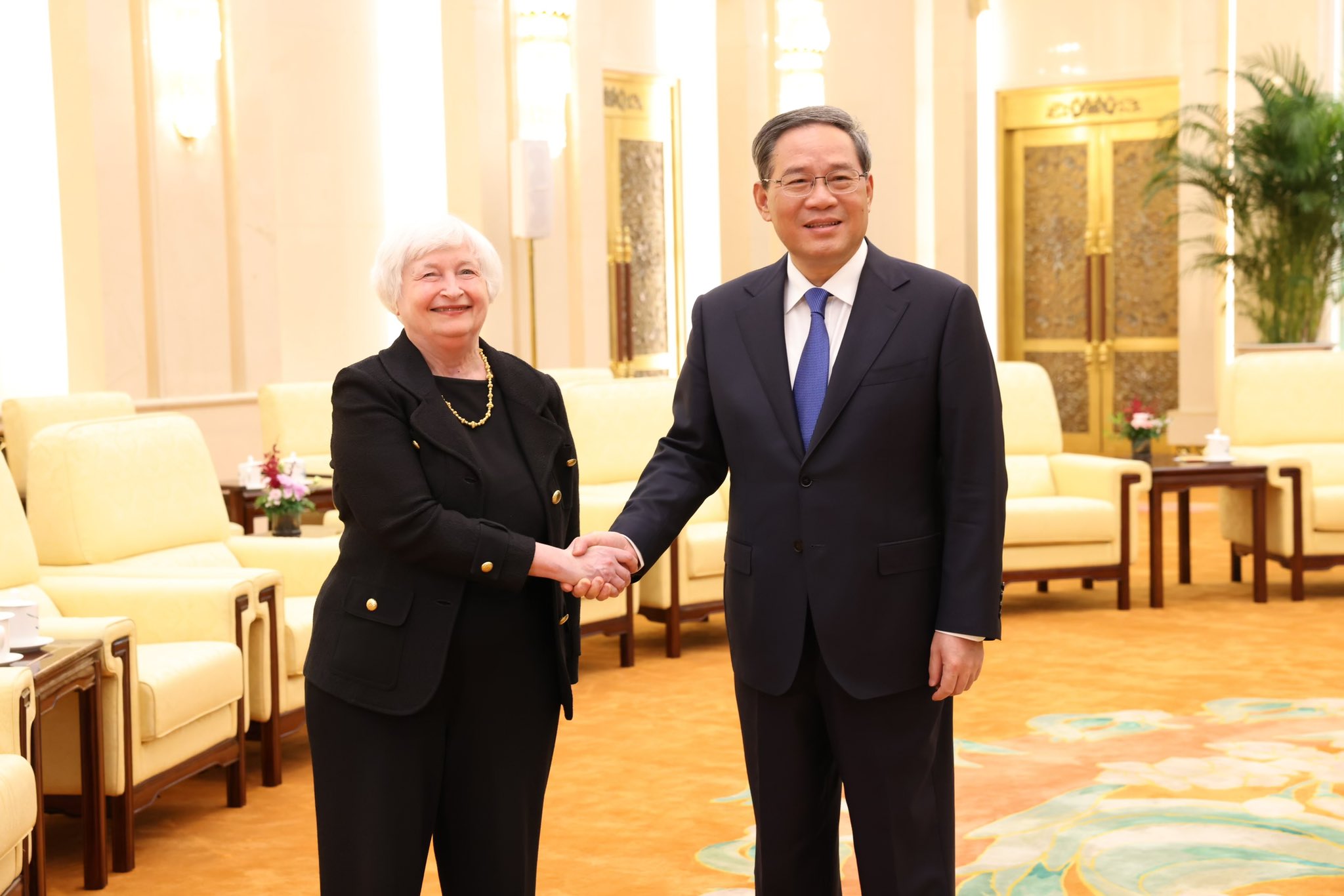China’s export restrictions on gallium and germanium were not the start of a full-scale trade war, but the course taken is not reassuring. Analysis by Sergio Giraldo.
We’re not at the trade war yet, but the path we’ve taken is definitely not reassuring. After the reduction of microchip export to China decided by the Netherlands in recent days, the People’s Republic of China decided to carry out a similar retaliation against the West in terms of modalities but perhaps more harmful in results. Beijing has in fact announced a new procedure starting from August 1st Export destination control of gallium and germanium. These two metals are used in integrated circuits, laser and light-emitting diodes, optical applications (night vision goggles, optical fibers), catalysts, in short, they are prized for the properties that allow their use (including military). In other words, these are the items that serve the technology that now controls our lives, the green transition, but also the weapons industry.
China’s domination of gallium and germanium
The influence that the Chinese government can exert over Western needs for these two minerals is, so far, strong. China produces 98% of the world’s gallium, while it is currently estimated that stocks of the two materials can last for a maximum of six months. For gallium, the USA is 100% dependent on foreign countries, and for germanium, the dependence on the US is 53%. It is important to distinguish between bimetallic resources, which are found wherever bauxite and zinc are found, and industrial refining capacity, which relates instead to plant ownership and mastery of processes for obtaining refined bimetals. China’s influence on gallium and germanium today is the industrial capacity to process the ore, not the availability of the raw materials themselves. Therefore, in theory, the West could build itself an alternative by launching its own production, and perhaps this would be the case, in the medium term, to get around the hurdle. At this point, the problem will become the cost, which will inevitably go up, given the strong environmental impact of these operations.
The impact of the Chinese movement on the ecological transition
The EU’s reaction to the Chinese move so far has been quite scholastic: in fact, Brussels appears to be considering whether to appeal to the WTO. It’s hard to even call it a reaction.
Thus, the mortgage placed by China on the European and American green transition is heavy, also because of this action-reaction dynamic (one by one) can quickly lead to a escalation Towards a trade war that could extend to many other sectors. That would expedite it Season Which, after being referred to as a solution to geopolitical turmoil, is now a major concern of Washington and Brussels, who have thrown their hearts at the hurdle of decarbonization at all costs. The warning shot of curbing the export of gallium and germanium, two important elements, yes, but less important than the others, could herald a Chinese brake on exports of other materials. For example, graphite, which China extracts for 61% of the market and refines for 98%. This would be disastrous for Western electric vehicle ambitions, since graphite is important to electric vehicle batteries (50 to 100 kg per individual car).
The EU, with its Critical Raw Materials Act under discussion, is doing nothing but taking note of the dependence on China that will remain structural, forgetting that only through significant investments in research will it (perhaps) be able to break out of the impasse. – The bag you slipped into.
Biden’s transition to the cloud
On the other hand, the United States is moving on several fronts. The US administration led by Joe Biden is preparing rules to restrict Chinese companies’ access to US cloud computing services. In practical terms, this means that cloud giants, such as Amazon, Microsoft, and others, will have to obtain permission from the US government before offering their services to Chinese companies. This US move will fill a loophole in China’s chip export control system, which is already in place. In fact, with cloud services, Chinese customers can access significant computing capabilities, such as those useful for developing artificial intelligence, without having to buy American chips. It is precisely the rapid Chinese progress in the field of artificial intelligence that worries the White House, which is trying to restrict Chinese companies’ access to American products and services.
Yellen’s trip to China
So the trip of US Treasury Secretary Janet Yellen, who recently went to Beijing for a series of meetings over four days, should be seen as an attempt to defuse tensions between the two countries. But that’s not all: At stake is the balance of the global economic system, which is shaken today for a wide range of reasons, from the war in Ukraine to the green transition. National interests and security on the one hand, and trade relations and mutual investments on the other. In 2022, trade between the US and China will reach $690 billion, a record that will likely remain unbeaten for a long time, given the gradual cooling of relations. After Secretary of State Antony Blinken visited Beijing last month, it is now up to Yellen to try to stop the escalation, or at least slow it down.

“Prone to fits of apathy. Introvert. Award-winning internet evangelist. Extreme beer expert.”









